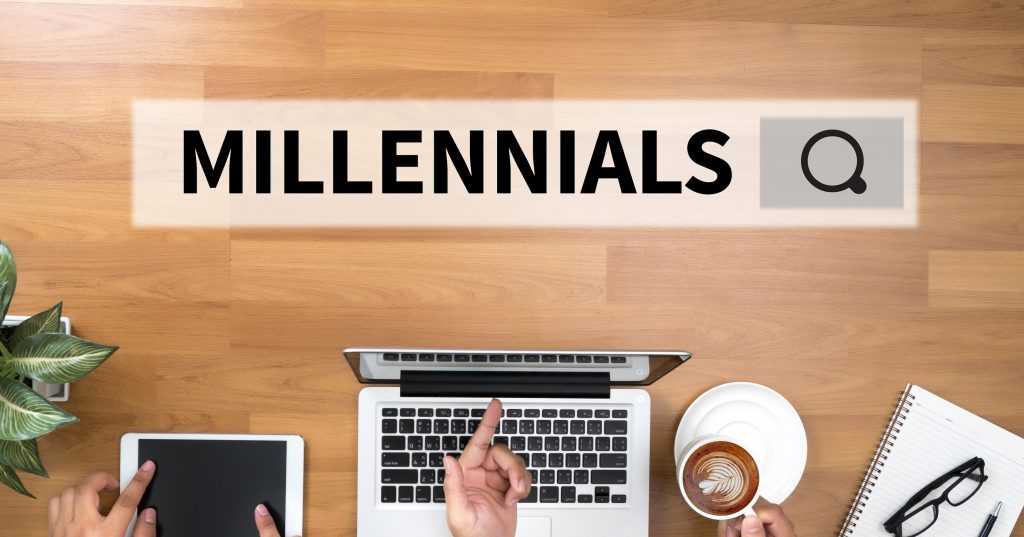AXIOM team member Tammy Sena attended the Central Mass ATD event on June 8 titled “Teaming up with Millennial Leaders”. It was an eye-opening event that helped dispel some of the myths associated with this large and diverse group of people entering, and establishing themselves, in the workforce.
This event was hosted by Linda St. John of LJS Leadership Coaching, a  company with 25 years of experience helping individuals become more effective leaders and helping organizations establish a performance driven culture with an engaged workforce to achieve their goals.
company with 25 years of experience helping individuals become more effective leaders and helping organizations establish a performance driven culture with an engaged workforce to achieve their goals.
Understanding this group is essential to your business, because they aren’t going away. “The sheer volume of Millennials combined with the increasing retirement of baby boomers means that employers will be facing a leadership gap. Employers who understand the unique competencies and perspectives that Millennials bring to the workforce will excel at attracting, retaining and developing top talent,” said St. John.
This talk focused on a lot of the myths about Millennials, like they aren’t loyal, they are only out to have fun and don’t want to have to work hard.

“This was a great discussion group that initially focused on Millennials in the work place and the large number of stereotypes. There is some research coming out in 2017 that shows that many of these stereotypes are actually myths,” said Sena, Talent Manager at AXIOM.
According to St. John, the first myth is loyalty, that Millennials tend to be job hoppers. In actuality, “nearly 44% plan to stay with current company for 15+ years (vs 29% from other generations) 14% plan to stay 2-4 years.”
After this discussion, Sena agreed.
“Millennials like to have fun, as do all other generations, but they are very loyal and want a clear path for progression. They would be willing to work for an employer long term if they feel they are being mentored and challenged,” she said.
People also believe Millennials are all about fun. Another myth dispelled by St. John. “Fun is valued more than non-Millennials but flexibility and mentoring by senior leaders is much more highly regarded than workplace “perks”. Open space and low hierarchy are less important.”
Sena said that as the discussion progressed, the attending group, about 12-15 people, realized that within each generation, many of the same things are important. The labels are really not necessary as the general needs of workers are the same regardless of age.
How are YOU managing your Millennial employees? Maybe not as differently as you thought you had to? We’d love to hear from you about this topic!
-L&D thoughts
-Have a thought on our blog post? Please comment below, we love to start new discussions!
